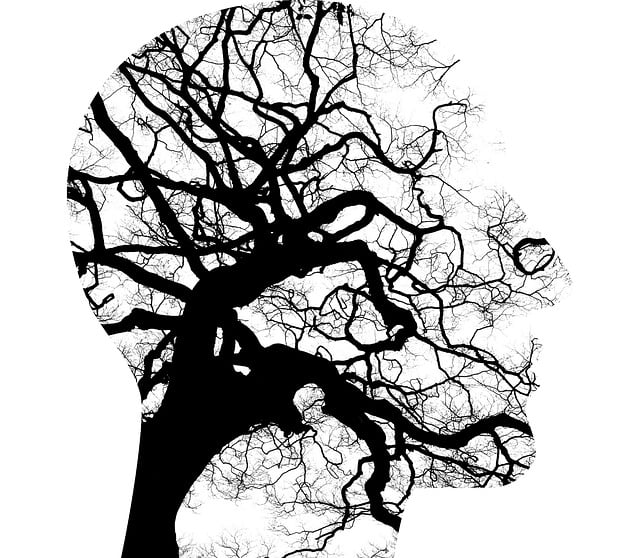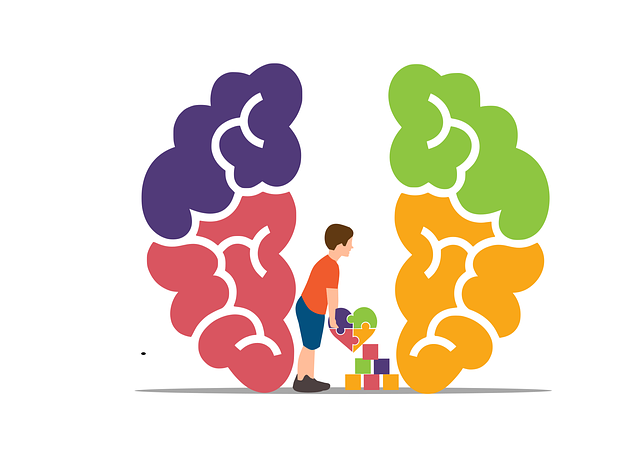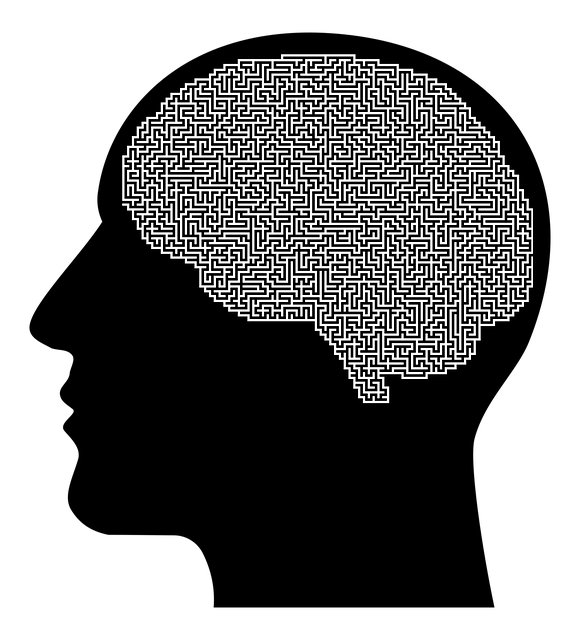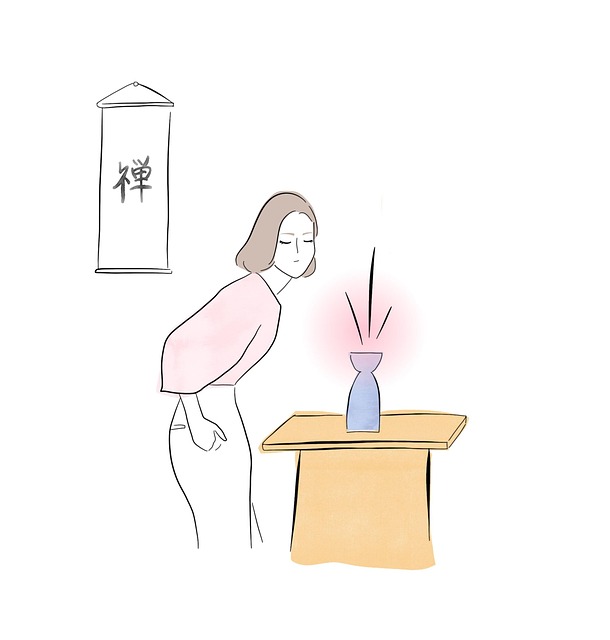Mental wellness journaling, combined with hypnosis techniques, is a powerful tool for young adults seeking self-improvement. This practice offers a safe space for self-expression, helping individuals process emotions, identify triggers, and cultivate self-awareness. By establishing a dedicated journaling space and using guided prompts, young adults can enhance emotional well-being, manage stress, and overcome mental health challenges through hypnosis, which accesses the subconscious mind to release limiting beliefs and negative thought patterns, ultimately promoting improved mental wellness and self-care.
“Unwind your mind and embark on a transformative journey with mental wellness journaling—a powerful tool for young adults seeking self-improvement. This practice combines the therapeutic benefits of hypnosis with reflective writing, offering a unique approach to understanding one’s thoughts and emotions.
In this comprehensive guide, we explore various techniques to enhance your journaling experience. From setting up a dedicated space to incorporating hypnotic practices, discover how to unlock your hidden potential and harness the power of self-reflection for improved mental wellness, specifically tailored for young adults considering therapy alternatives.”
- Understanding Mental Wellness Journaling: A Powerful Tool for Self-Reflection
- The Benefits of Hypnosis for Young Adults: Unlocking Hidden Potential
- Setting Up Your Journaling Space: Creating a Sanctuary for Self-Care
- Techniques and Prompts for Effective Journaling Sessions
- Incorporating Hypnotic Practices: Taking Your Mental Wellness Journey Deeper
Understanding Mental Wellness Journaling: A Powerful Tool for Self-Reflection

Mental wellness journaling is a powerful tool for self-reflection and personal growth, offering young adults an effective means to explore their thoughts and emotions. By dedicating time each day to record their experiences, feelings, and insights, individuals can gain profound understanding into their mental health and well-being. This practice acts as a form of therapy, providing a safe and private space for self-expression and introspection.
For young adults dealing with stress or seeking effective stress reduction methods, mental wellness journaling can be an invaluable resource. Through this exercise guidance, they learn to identify triggers, process difficult emotions, and cultivate a deeper sense of self-awareness. Moreover, incorporating hypnosis techniques into the journaling process can enhance its therapeutic benefits, allowing individuals to access their subconscious minds and unlock hidden resources for managing stress and improving mental wellness overall.
The Benefits of Hypnosis for Young Adults: Unlocking Hidden Potential

Hypnosis has emerged as a powerful tool for young adults seeking to enhance their mental wellness and unlock hidden potential. This therapeutic approach offers a unique way to explore the subconscious mind, providing access to deeply held thoughts, emotions, and memories that may be limiting or holding individuals back. By employing communication strategies tailored to the specific needs of young adults, hypnosis facilitates a journey of self-discovery and personal growth.
Through hypnosis sessions, young adults can develop improved emotional well-being promotion techniques, learning to manage stress, anxiety, and other mental health concerns more effectively. By targeting the root causes of distressing symptoms, hypnosis empowers individuals with new perspectives and coping mechanisms, fostering a greater sense of control and resilience. With its ability to deepen relaxation, enhance focus, and facilitate positive behavioral changes, hypnosis is an innovative therapy for young adults seeking to navigate their emotional landscape and achieve optimal mental health.
Setting Up Your Journaling Space: Creating a Sanctuary for Self-Care

Setting up a dedicated journaling space can transform your mental wellness practice into a sanctuary for self-care—a place where you can escape the chaos of daily life and connect with your thoughts and feelings. Consider creating a cozy corner in your home, free from distractions, that invites introspection. Soft lighting, comfortable seating, and a table for your journal and writing tools can foster an environment conducive to empathy building strategies and self-reflection. Think about incorporating elements that resonate with you; perhaps a plant for a touch of nature or candles to create a soothing ambiance. This space should be a reflection of your personality and promote feelings of safety and calm, making it easier to engage in activities like hypnosis, which can enhance self-esteem improvement and burnout prevention strategies for healthcare providers.
By setting aside time each day or week to journal in this dedicated space, you establish a ritual that prioritizes your mental wellness. This consistent practice allows you to track your emotional journey, process challenges, and celebrate victories, all while cultivating a deeper understanding of yourself—a valuable asset as you navigate life’s twists and turns, especially during periods of transition like therapy for young adults.
Techniques and Prompts for Effective Journaling Sessions

Effective journaling sessions can be a powerful tool for young adults seeking therapy and self-improvement. One technique to enhance journaling is through guided prompts that encourage exploration and reflection. Start by setting a specific theme or focus, such as “Overcoming Challenges” or “Gratitude and Positivity.” This provides structure while allowing for personal expression. For instance, prompt ideas include: “Describe a recent challenge and the strategies you used to overcome it,” or “Write about three things you’re grateful for today and why.”
Incorporating hypnosis techniques can deepen the journaling experience and facilitate deeper self-awareness. Hypnotic suggestions can help individuals access their subconscious thoughts and emotions, making it easier to identify patterns and triggers associated with stress and mental health issues. This can be particularly beneficial in conjunction with Stress Reduction Methods and Social Skills Training, as it promotes a holistic approach to mental wellness. Additionally, community outreach programs can encourage journaling as a collaborative activity, fostering support networks and enhancing the sense of belonging, which is vital for maintaining positive mental health.
Incorporating Hypnotic Practices: Taking Your Mental Wellness Journey Deeper

Incorporating hypnotic practices into your mental wellness journey can take your self-care routine development for better mental health to a deeper level. Hypnosis, often used in therapy for young adults, offers a unique way to access the subconscious mind, enabling individuals to release trapped emotions and overcome limiting beliefs. This ancient technique has been scientifically proven to enhance mindfulness meditation and coping skills development, providing lasting solutions to stress, anxiety, and even depression.
By engaging in hypnotic exercises, one can unlock a profound sense of relaxation and focus, allowing for more effective processing of thoughts and feelings. It encourages individuals to confront and transform negative thought patterns into positive affirmations, fostering a healthier mindset. Whether it’s improving sleep quality or boosting self-confidence, hypnosis serves as a powerful tool within the realm of mental wellness, offering an alternative approach that complements traditional therapy methods.
Mental wellness journaling, combined with hypnosis techniques, offers young adults a powerful and accessible tool for self-reflection and personal growth. By creating a dedicated space and employing various prompts, individuals can unlock their hidden potential and navigate life’s challenges with enhanced resilience. This practice not only fosters better mental health but also serves as a valuable therapy for young adults, helping them discover inner strength and find clarity in a complex world.








